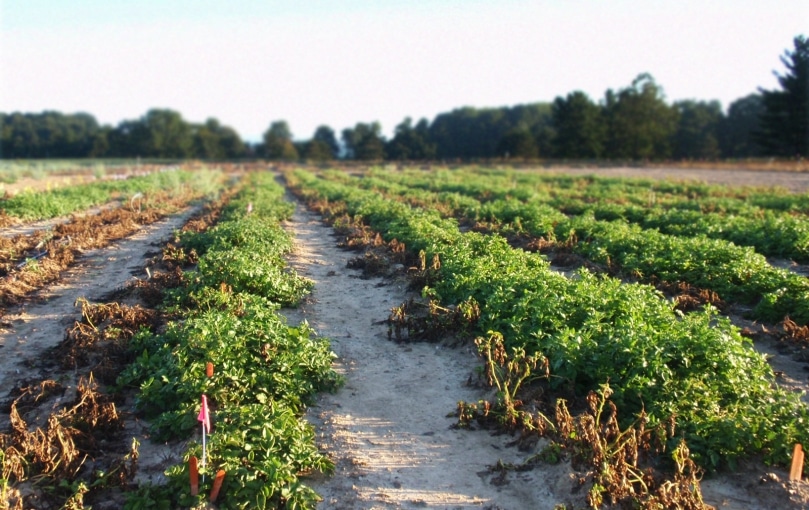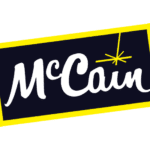The U.S. Food and Drug Administration has completed its food and feed safety assessment of the J.R. Simplot Company’s second generation of Innate potatoes.
The FDA concluded that these Russet Burbank Generation 2 potatoes are not materially different in composition, safety, and other relevant parameters, from any other potato or potato-derived food or feed currently on the market. Simplot will still need to complete its registration with the Environmental Protection Agency for these potatoes before introducing them for sale in the U.S. marketplace.
The FDA’s safety consultation was voluntarily requested by Simplot and comes shortly after the U.S. Department of Agriculture also deregulated the same potatoes. These federal clearances involved a thorough technical review and a public comment period that drew the support of leading potato research universities in the U.S. and Europe.
Simplot’s second generation of Innate potatoes contains four benefits of relevance to potato growers, processors and consumers: reduced bruising and black spots; reduced asparagine; resistance to late blight pathogens; and enhanced cold storage capability.
These benefits were achieved by adapting genes from wild and cultivated potatoes.
Academics consulted by Simplot estimate that the Innate late blight resistance trait can result in a 25-45 per cent reduction in fungicide applications annually to control late blight. Reduced asparagine means that accumulation levels of acrylamide can be reduced by up to 90 per cent when these potatoes are cooked at high temperatures. In addition, lowered reducing sugars enable cold storage at 38 F for more than six months without the build-up of sugars, which helps maintain quality.
“The Innate Gen. 2 potato is a major advancement in the potato industry,” said Duane Grant, potato farmer and owner of Grant 4D Farms in Rupert, Idaho. “Late blight disease can and does wreak havoc on organic and conventional potato crops and now we have an effective solution that should reduce fungicide use and reduce the millions of pounds of wasted potatoes each year.”
“We’re excited to continue momentum on our Innate technology platform,” said Haven Baker, vice-president and general manager of Simplot Plant Sciences. “In our first two generations we have addressed the issues of plant disease, health and quality by harnessing the strongest traits within the potato family and we’re now set to address global potato challenges.”
For more information, visit Potato Business.











